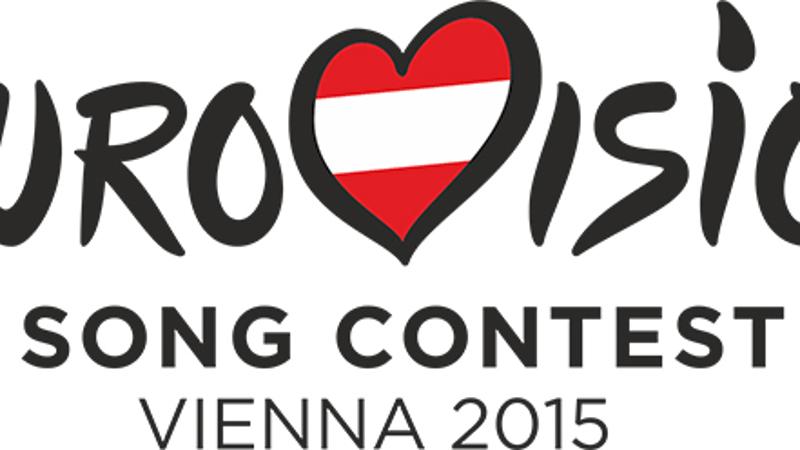
News Australia has been invited to compete in the 2015 Eurovision Song Contest is likely to see a flood of social media activity as local fans race to be part of the live action - both to celebrate and participate in the event and to share ironic and witty commentary poking fun at the performances.
Dr Tim Highfield from QUT's Social Media Research Group said Eurovision was already one of the world's most popular events for audiences to use social media as a means to express their views and connect with other fans.
"One of the most prominent uses of Twitter is its role in the discussion of widely televised events and Eurovision attracts vast worldwide attention every year," Dr Highfield said.
"Eurovision has had a dedicated, cult audience in Australia for a long time, recognised in last year's interval performance from Jessica Mauboy; Australia's unprecedented participation in the 2015 Eurovision in Austria will result in an even greater flurry of social media activity as viewers get involved in voting as well as the social experience of the contest.
"The decision has already provoked a good deal of Twitter activity, both serious and silly. Once we know who will represent Australia there will be another burst of tweets, and this will continue to ramp up as the contest approaches."
Previous research conducted by Dr Highfield at the ARC Centre of Excellence for Creative Industries and Innovation found Twitter enables viewers to offer their own running commentary as an event like Eurovision unfolds live.
The quirky and kitsch side of Eurovision is a particularly popular topic, especially with recent contests featuring performers including Russian grandmothers, rapping astronauts from Montenegro, and hyperactive Irish twins Jedward.
"Social media let fans be part of the action. The communion of fans during such broadcasts is further enhanced by the use of hashtags which broadcasters actively promote, like #sbseurovision," Dr Highfield said.
"Our first study of the 2012 contest included more than 100,000 tweets containing the #sbseurovision hashtag.
"Those numbers grew in later contests, and three years later and with Australia now an official competitor we expect a further phenomenal jump in Eurovision activity on social media."
Dr Highfield has also examined Instagram use around Eurovision by Australians, highlighting the popularity of themed Eurovision parties, with a popular costume choice in 2014 being the winning entrant, Conchita Wurst from Austria.
"Unlike Twitter, where repeated, often-humorous commentary to events on-screen is the norm, Instagram content is more about the social experience of television watching," he said.
"Instagram users post photos and videos to establish the setting for their viewing, including where they are watching, who they are with and what they are eating and drinking.
"In the context of Eurovision this mixes more mundane experiences, like watching alone, with users treating Eurovision as the catalyst for themed parties and events with costumes, decorations and groups of friends.
"On Instagram, Eurovision fans can be the focus, starring as themselves and as Conchita and other performers. On Twitter, they can be humorous and sarcastic commentators, following in the footsteps of Julia Zemiro or, especially, the former BBC host Terry Wogan.
"These experiences highlight the social side to Eurovision and to social media. This shows the extensive Australian fandom for Eurovision that already exists, which will become even more pronounced with this year's contest."
Media contact:
Amanda Weaver, QUT Media, 07 3138 9449, amanda.weaver@qut.edu.au
After hours: Rose Trapnell, 0407 585 901.




